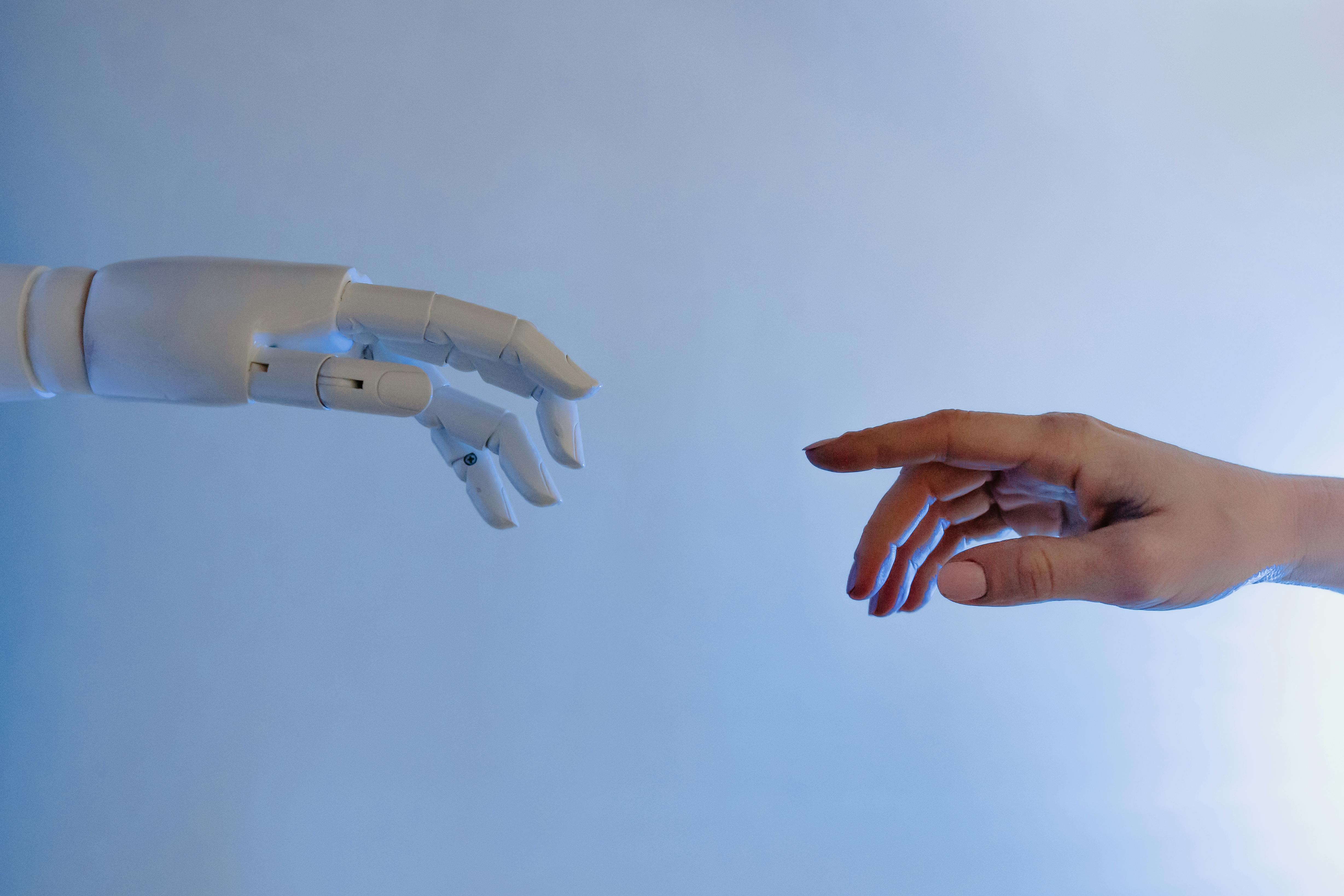How is Artificial Intelligence Transforming BPM Practices?

Business Process Management (BPM) has long focused on optimizing workflows for efficiency and consistency. However, the integration of Artificial Intelligence (AI) is doing more than just enhancing existing practices; it's fundamentally transforming them. AI isn't just a new tool in the BPM toolkit; it's reshaping the very nature of how processes are discovered, managed, executed, and improved.
Transformation vs. Enhancement
While traditional automation enhanced BPM by digitizing manual steps, AI transforms it by adding capabilities like learning, prediction, adaptation, and complex decision-making directly into the process fabric. It's a shift from merely efficient to truly intelligent processes.
Key Ways AI is Revolutionizing BPM Practices
1. From Manual Discovery to Intelligent Process Mining
Traditional BPM: Relied heavily on manual workshops, interviews, and documentation reviews to understand "as-is" processes – often slow, subjective, and incomplete.
AI Transformation: AI-powered process mining tools automatically analyze system logs and user interaction data across multiple systems () to create objective, detailed maps of actual process flows. AI identifies hidden variations, bottlenecks, deviations, and compliance issues with speed and depth previously impossible, providing a much more accurate foundation for improvement.
2. From Static Analysis to Predictive & Prescriptive Optimization
Traditional BPM: Analysis often focused on historical data (what went wrong?) and required manual simulation for "what-if" scenarios.
AI Transformation: AI analyzes vast datasets to not only diagnose root causes but also to predict future performance issues (e.g., potential SLA breaches, resource shortages). Furthermore, prescriptive analytics can suggest specific, optimized process changes based on predicted outcomes, moving beyond simple analysis to active recommendations.
3. From Rule-Based Automation to Intelligent Automation
Traditional BPM/RPA: Excelled at automating highly structured, repetitive, rule-based tasks. Struggled with variability, unstructured data, and tasks requiring judgment.
AI Transformation: Intelligent Automation (IA), combining AI (ML, NLP, Vision) with RPA/BPM, automates far more complex tasks. AI can now understand emails, extract data from diverse documents, interpret images, make nuanced decisions based on learned patterns, and even generate content (GenAI), dramatically expanding the scope of automation within processes.
4. From Fixed Workflows to Adaptive and Self-Optimizing Processes
Traditional BPM: Processes were designed to be consistent and standardized, with changes requiring manual redesign cycles.
AI Transformation: AI enables processes that can learn and adapt over time. Models can monitor performance, analyze outcomes, and automatically adjust process parameters, routing rules, or resource allocations in real-time based on changing conditions or learned efficiencies, leading to continuously self-optimizing workflows.
5. From Standardized Execution to Hyper-Personalized Experiences
Traditional BPM: Often focused on standardizing processes for everyone to ensure consistency.
AI Transformation: AI allows processes, particularly customer-facing ones, to be dynamically tailored to individual needs and contexts. Based on user data and real-time interactions, AI can alter process steps, offer personalized recommendations, or provide context-specific support, creating hyper-personalized process journeys.
6. Shifting the Human Role: Oversight and Strategy
Traditional BPM: Humans often involved in executing many process steps, including decision-making and data handling.
AI Transformation: As AI takes over more analytical and transactional tasks, the human role shifts towards higher-level activities: designing and training the AI, managing exceptions the AI can't handle, ensuring ethical oversight (), interpreting complex AI-driven insights, and focusing on the strategic improvement of the overall process ecosystem. Data and AI skills become essential for the modern process professional.
Conclusion: BPM Evolved - Intelligent, Adaptive, Proactive
Artificial Intelligence is fundamentally transforming Business Process Management from a discipline focused primarily on mapping and standardizing existing workflows into one centered on creating intelligent, adaptive, and predictive operations. By embedding AI capabilities throughout the process lifecycle, organizations can achieve not just efficiency gains, but entirely new levels of operational intelligence, responsiveness, and personalization. The future of BPM is inextricably linked with AI, paving the way for smarter, self-optimizing business processes.
Embracing AI is key to modernizing BPM. DataMinds.Services helps businesses understand and implement AI-driven transformations for their core processes.
Team DataMinds Services
Data Intelligence Experts
The DataMinds team specializes in helping organizations leverage data intelligence to transform their businesses. Our experts bring decades of combined experience in data science, AI, business process management, and digital transformation.
More Articles
Ready to Transform Your Processes with AI?
Move beyond simple automation to create intelligent, adaptive, and proactive workflows. DataMinds Services helps you harness AI to revolutionize your Business Process Management practices.
Discuss AI-Driven BPM Transformation

